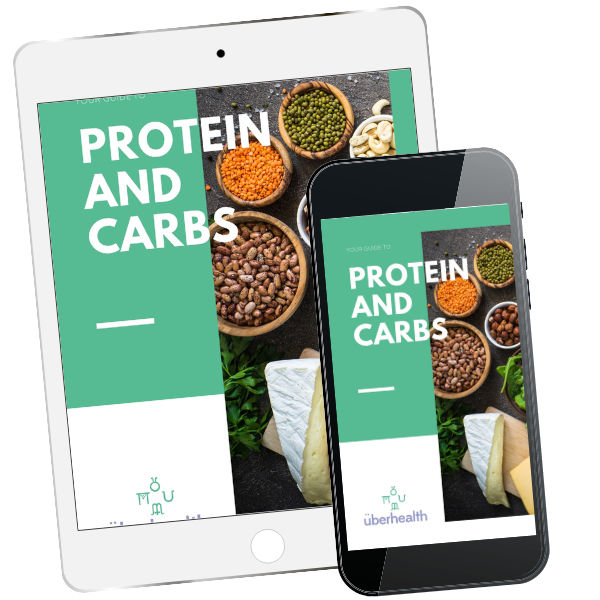50 High-Protein Snacks for Fueling Recovery, Strength, and Performance
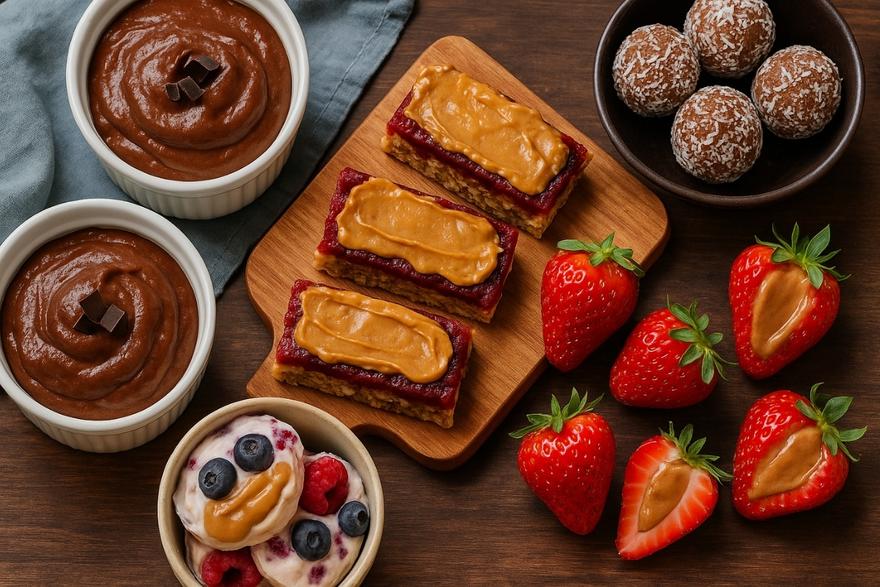
Protein has long been hailed as the building block of muscle, but for active people and athletes, its role goes far beyond bulking up. From repairing training-induced muscle damage to supporting immune health, satiety, and metabolic recovery, protein is essential for anyone with fitness or performance goals.
The question isn’t just are you getting enough protein? It’s also when and how you’re eating it.
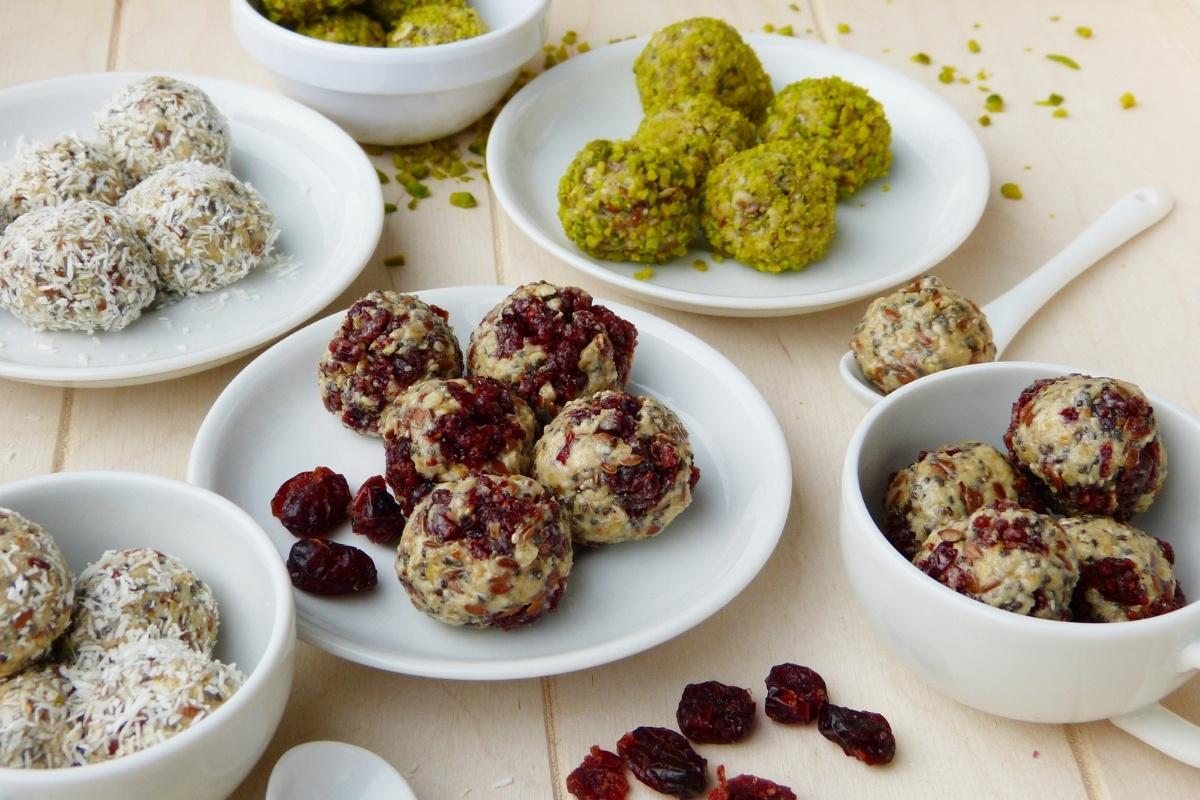
4 Reasons Why Protein Matters for Active Individuals
1. Muscle Repair and Recovery
Every training session creates micro-tears in muscle fibres. Protein provides the amino acids needed to repair and rebuild, leading to stronger, more resilient muscles over time.
2. Supports Immune Health
Intense training can temporarily suppress immunity. Adequate protein supports immune cells, reducing illness risk during heavy training or competition phases.
3. Promotes Satiety and Weight Management
Protein helps keep you full, reduces cravings, and maintains lean mass during fat loss phases—critical for athletes seeking optimal body composition.
4. Hormone and Enzyme Production
Protein is essential for hormone regulation (including insulin, growth hormone, and thyroid) and the enzymes that fuel energy production.
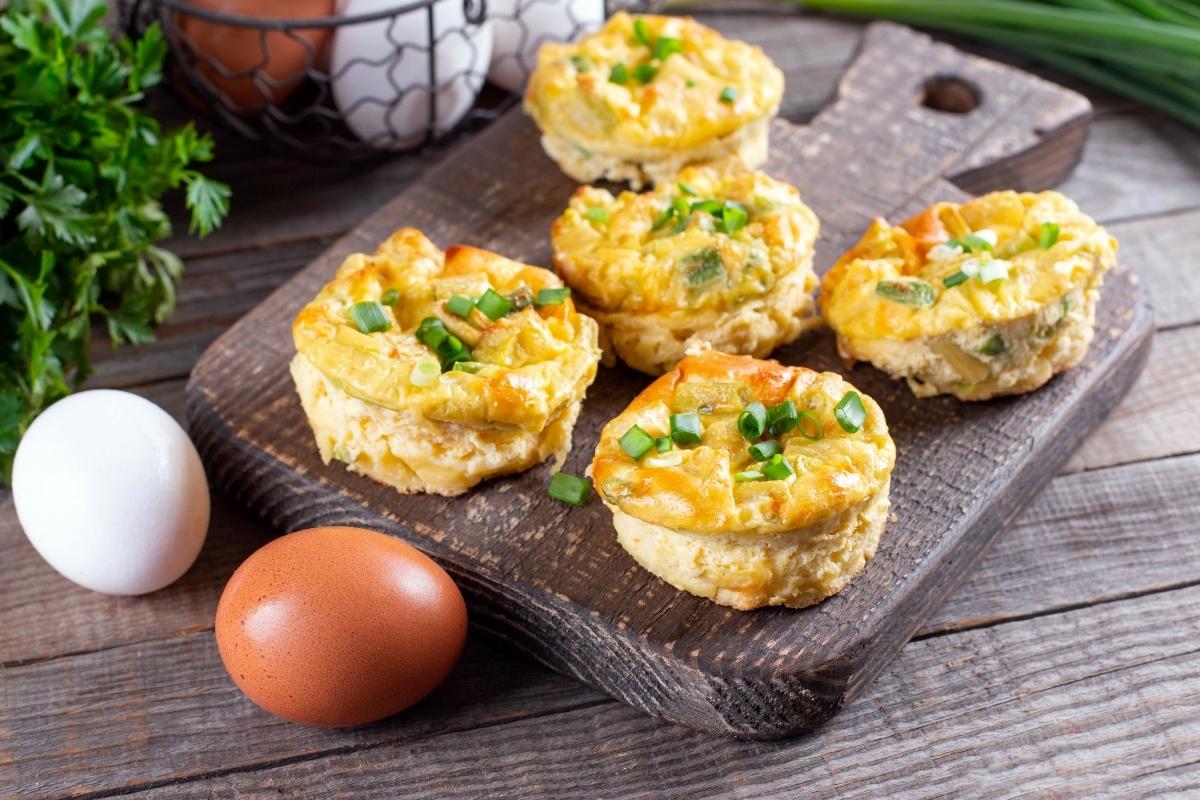
How Much Protein Do You Really Need?
For active individuals and athletes:
- 1.6–2.2g of protein per kilogram of body weight per day
- Spread evenly across meals and snacks (every 3–4 hours) for best utilisation
Example: A 70kg runner might aim for 110–150g protein daily, split into 20–30g portions per meal/snack.
Timing Matters: The “Protein Window”
Contrary to old myths, you don’t need to chug a shake the second your workout ends. However, eating 20–30g protein within 1–2 hours post-exercise does support muscle recovery and glycogen replenishment, especially when combined with carbohydrates.
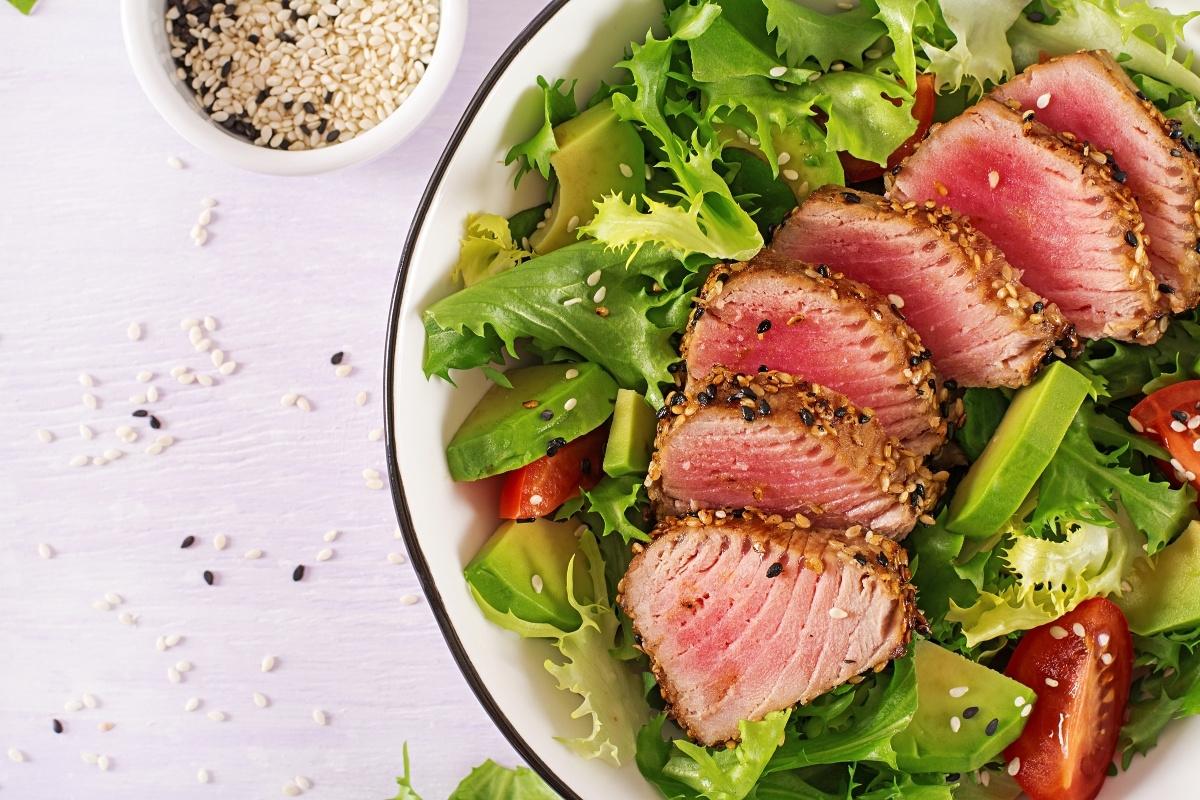
High-Protein Snacks for Athletes
Animal-Based Sources
- Lean meats: chicken, turkey, beef, lamb
- Fish: salmon, tuna, sardines (bonus: omega-3s)
- Eggs (whole or whites)
- Dairy: Greek yoghurt, cottage cheese, milk
- Whey or casein protein powders
Plant-Based Protein Sources
- Legumes: lentils, chickpeas, black beans
- Soy: tofu, tempeh, edamame
- Nuts and seeds: almonds, chia, hemp, pumpkin seeds
- Whole grains: quinoa, buckwheat, amaranth
- Plant-based protein powders (pea, rice, soy blends)

50 High-Protein Snacks for Fueling Recovery, Strength, and Performance
1. Greek Yoghurt Parfait
- Greek yoghurt + berries + nuts/seeds
- ~15–20g protein per serve
2. Protein Smoothie
- Milk or plant-based milk + protein powder + fruit + nut butter
- ~20–30g protein
3. Boiled Eggs and Veggie Sticks
- Portable, balanced snack
- ~6g protein per egg
4. Cottage Cheese with Fruit
- High in casein (slow-digesting protein)
- ~12–14g protein per ½ cup
5. Roasted Chickpeas
- Crunchy, savoury, plant-based snack
- ~6g protein per ½ cup
6. Trail Mix with Seeds
- Almonds, pumpkin seeds, hemp hearts, dried fruit
- ~8–10g protein per small handful
7. Tuna and Wholegrain Crackers
- Portable and satisfying
- ~15–20g protein per tin
8. Protein Pancakes
- Oats, eggs, protein powder, blended and cooked
- ~20g protein per stack
9. Edamame Pods with Sea Salt
- High in plant protein and fibre
- ~8g protein per 1 cup
10. Homemade Energy Balls
- Blend oats, protein powder, nut butter, dates
- ~5g protein per ball (2–3 balls per snack)
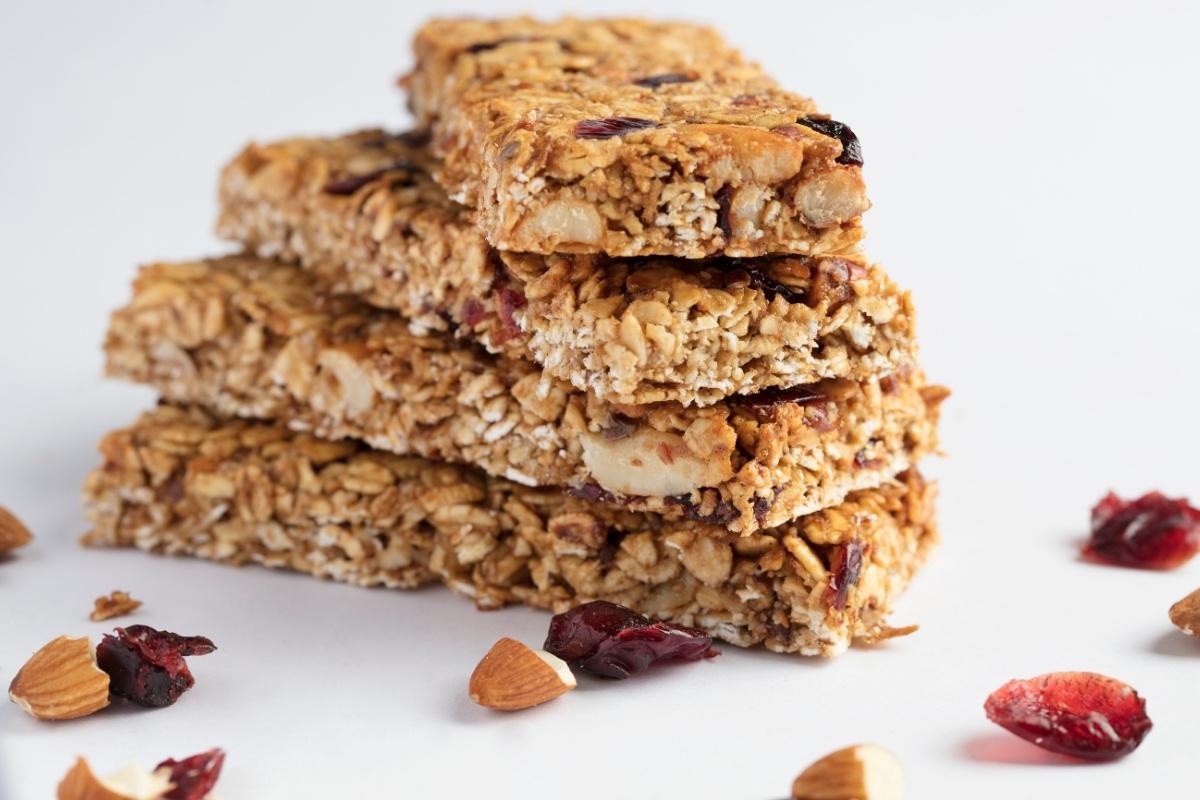
11. Beef or Turkey Jerky
- Protein: ~9–12g per 30g serve
- Why it works: Lightweight, portable, and long shelf life—perfect for mid-ride, hike, or post-gym.
- Tip: Choose low-sodium and nitrate-free options.
12. Smoked Salmon Wraps
- Protein: ~15–18g per wrap (2 slices salmon + wholegrain wrap)
- Why it works: Combines omega-3 fats with quality protein; great pre-training or as a light meal.
- Tip: Add cream cheese or avocado for extra calories if needed.
13. Hummus with Wholegrain Crackers or Veggie Sticks
- Protein: ~6–8g per ½ cup hummus
- Why it works: Plant-based protein plus fibre; keeps blood sugar steady.
- Tip: Add hemp seeds or edamame to boost protein content.
14. Lentil or Chickpea Salad Cups
- Protein: ~10–12g per cup
- Why it works: High in fibre and minerals—satiating and great for recovery snacks.
- Tip: Pre-make in jars for grab-and-go convenience.
15. Cottage Cheese + Nut Butter + Banana
- Protein: ~15g per serve
- Why it works: Combines slow-digesting casein protein with quick carbs and healthy fats.
- Tip: Ideal evening snack for overnight recovery.
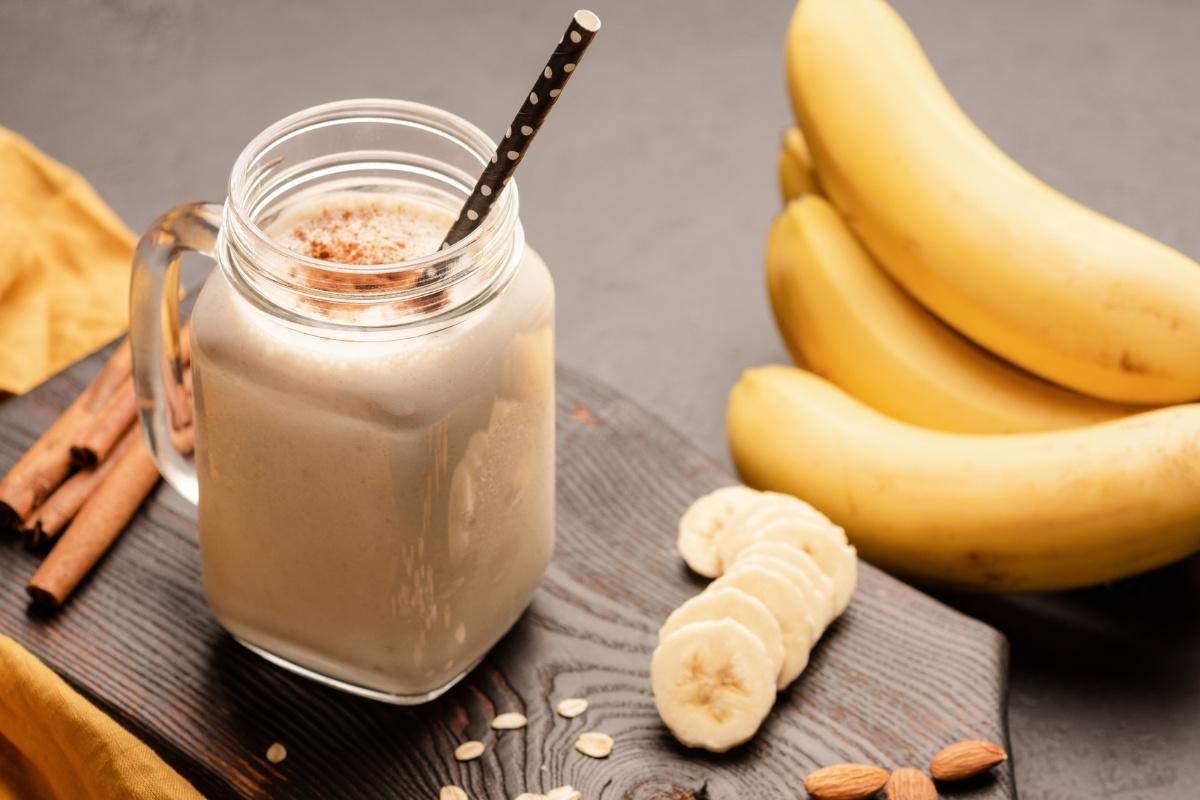
16. Protein Overnight Oats
- Protein: ~20g per jar (oats + milk + protein powder + chia)
- Why it works: Balanced carbs and protein; great pre-run breakfast or post-training snack.
- Tip: Prep multiple jars at once for the week.
17. Hard Tofu Cubes with Soy Sauce & Sesame
- Protein: ~10g per 100g tofu
- Why it works: Plant-based, versatile, and easy to flavour; eat cold or warm.
- Tip: Sprinkle sesame seeds for extra minerals.
18. Mini Cheese and Seed Packs
- Protein: ~8–10g per combo (30g cheese + seeds/nuts)
- Why it works: Portable and satiating; adds calcium for bone health.
- Tip: Pair with fruit for extra carbs if pre-training.
19. Baked Egg Muffins
- Protein: ~7–8g per muffin (2–3 muffins = full snack)
- Why it works: Customisable with veggies and cheese; easy to meal-prep.
- Tip: Store in fridge for 3 days or freeze for later.
20. Chocolate Milk or Soy Chocolate Milk
- Protein: ~8–10g per cup (250ml)
- Why it works: Proven 3:1 carb-to-protein recovery ratio; widely available and inexpensive.
- Tip: Excellent post-run or ride option when solid food isn’t appealing.

21. Seared Tuna Steaks (Cold Slices)
- Protein: ~22g per 100g
- Why it works: Packed with lean protein and omega-3 fats; perfect for post-training lunches.
- Tip: Prepare extra at dinner to have chilled slices for snacks the next day.
22. High-Protein Chia Pudding
- Protein: ~15–20g (chia seeds + milk + protein powder)
- Why it works: Slow-release carbs + fibre + protein = sustained energy and satiety.
- Tip: Add berries or cacao nibs for antioxidants.
23. Seitan Strips
- Protein: ~25g per 100g (wheat gluten-based)
- Why it works: Excellent vegan option with a meat-like texture; easy to season and grill.
- Tip: Pair with veggies for a high-protein wrap.
24. Quark (European-Style Soft Cheese) with Fruit
- Protein: ~14g per ½ cup
- Why it works: Naturally high-protein dairy with a creamy texture; low in fat and sugar.
- Tip: Drizzle honey or add cinnamon for flavour.
25. Biltong (Air-Dried Meat)
- Protein: ~12g per 30g
- Why it works: Similar to jerky but air-dried; often lower in sugar and softer texture.
- Tip: Keep a small pack in your training bag for long days.
26. Protein-Rich Energy Bars (DIY or Store-Bought)
- Protein: ~15–20g per bar
- Why it works: Combines carbs for recovery + protein for muscle repair in one convenient bite.
- Tip: Look for minimal added sugars or make your own with oats, nut butter, and protein powder.
27. Shrimp Cocktail (Pre-Cooked Prawns)
- Protein: ~18g per 100g
- Why it works: Low in calories, high in protein; great cold snack with minimal prep.
- Tip: Pair with avocado or wholegrain crackers for balanced energy.
28. Skyr (Icelandic-Style Yoghurt)
- Protein: ~18g per 175g tub
- Why it works: Even higher protein than Greek yoghurt; mild flavour and versatile.
- Tip: Mix with granola or fruit for a complete mini-meal.
29. Roasted Lupini Beans
- Protein: ~13g per 100g
- Why it works: Mediterranean legume snack, naturally high in protein and fibre, low in carbs.
- Tip: Season with herbs or chilli for variety.
30. Turkey and Avocado Roll-Ups
- Protein: ~12g per 3 slices turkey + avocado
- Why it works: Quick wrap alternative - no bread needed; pairs lean protein with healthy fats.
- Tip: Add baby spinach or hummus for extra nutrients.
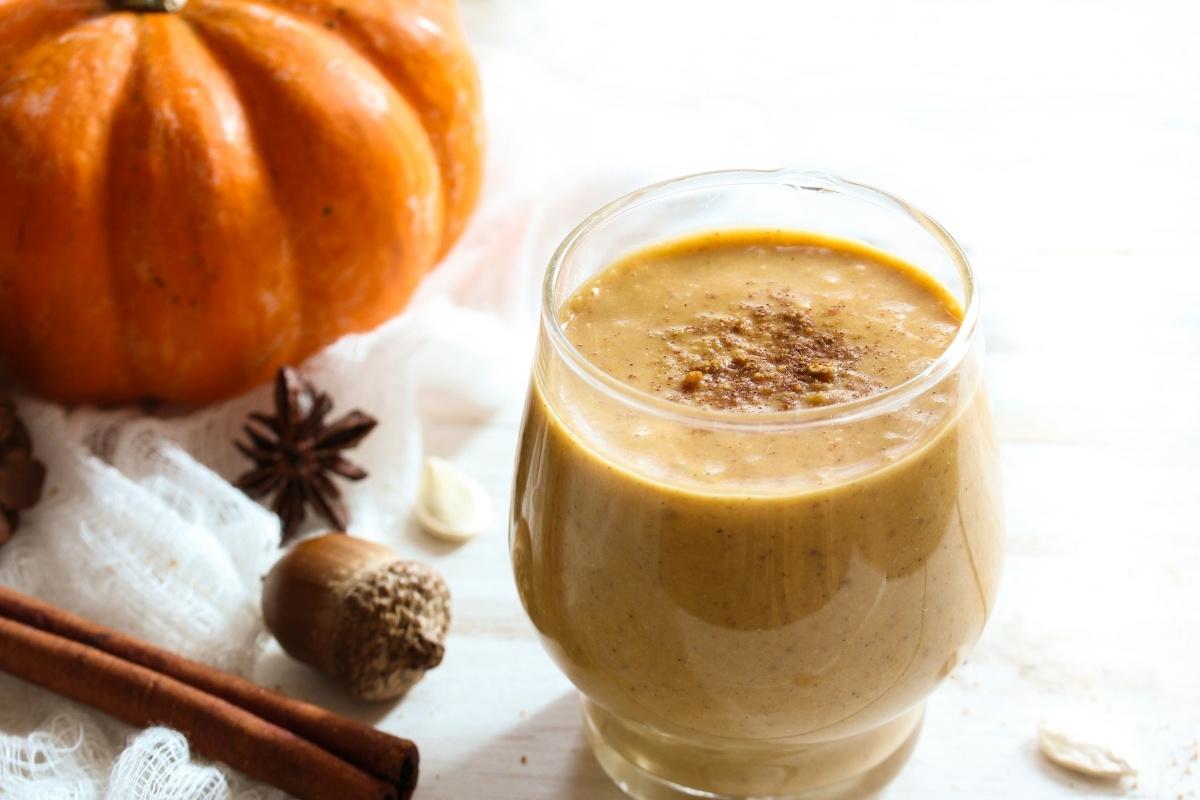
31. Protein Brownie Bites
- Protein: ~8g per brownie (with protein powder)
- Why it works: Rich and fudgy, yet packed with protein for recovery.
- Tip: Use black beans or almond flour for extra fibre and nutrients.
32. Chocolate-Dipped Greek Yoghurt Bark
- Protein: ~15g per serve
- Why it works: Frozen Greek yoghurt mixed with fruit and a drizzle of dark chocolate = refreshing post-training treat.
- Tip: Add seeds or nuts for crunch.
33. Cottage Cheese + Pineapple Parfait
- Protein: ~12–14g per cup
- Why it works: Sweet-savoury combo provides protein, natural sugars, and electrolytes (bromelain in pineapple supports recovery).
34. Peanut Butter Protein Balls
- Protein: ~6g per ball (2–3 per snack)
- Why it works: Oats, dates, nut butter, and protein powder — portable and filling for mid-training or recovery.
- Tip: Roll in cacao or coconut flakes for extra flavour.
35. Protein Rice Pudding
- Protein: ~20g per serve (made with milk and protein powder)
- Why it works: Comfort food that also provides carbs + protein for glycogen replenishment and muscle repair.
36. Chocolate-Covered Protein Dates
- Protein: ~5g per stuffed date (with nut butter or protein filling)
- Why it works: Quick sugar hit from dates + healthy fats + protein for post-workout refuel.
- Tip: Sprinkle with sea salt for sweet-salty combo.
37. Skyr or Greek Yoghurt with Dark Chocolate Chips & Berries
- Protein: ~18–20g per bowl
- Why it works: Dessert-like, but full of protein and antioxidants; balances sweet cravings and recovery needs.
38. High-Protein Banana Bread
- Protein: ~10g per slice (with whey or pea protein added)
- Why it works: Comfort snack that doubles as pre- or post-training fuel; pairs carbs and protein.
39. Mocha Protein Smoothie
- Protein: ~25g per serve (coffee + milk + protein powder)
- Why it works: Delivers caffeine for training boost and protein for recovery in one delicious shake.
40. Apple Nachos with Nut Butter Drizzle
- Protein: ~8g per plate (apple slices + peanut butter + hemp seeds)
- Why it works: Fun, sweet, and nutrient-dense; ideal pre-training snack or light recovery meal.
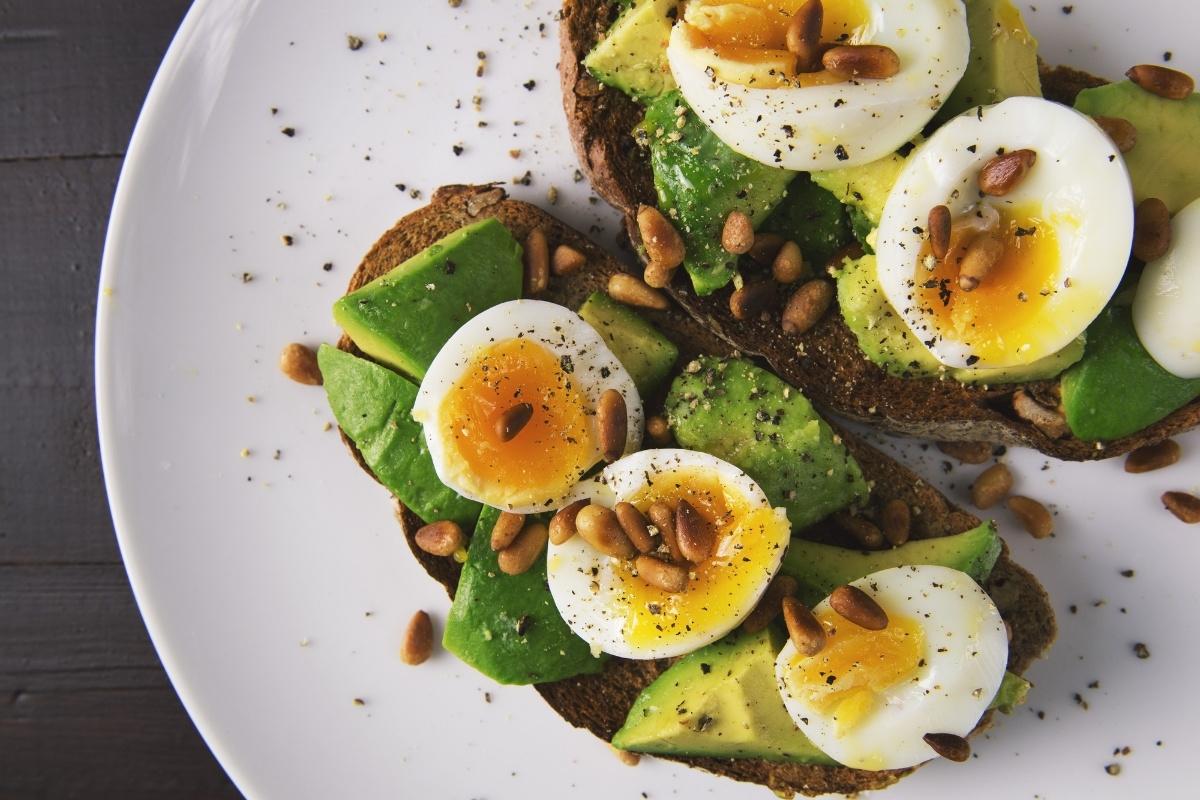
41. High-Protein Cheesecake Cups
- Protein: ~15–20g per cup (Greek yoghurt + cream cheese + protein powder)
- Why it works: Dessert texture with recovery benefits; great make-ahead snack.
- Tip: Top with berries for antioxidants.
42. Chocolate Avocado Mousse with Protein
- Protein: ~10–15g per serve
- Why it works: Creamy healthy fats + protein powder for muscle repair; satisfies chocolate cravings.
- Tip: Add espresso powder for mocha flavour.
43. Frozen Protein Banana Pops
- Protein: ~6–8g per pop (banana + Greek yoghurt + nut butter)
- Why it works: Perfect summer recovery treat; combines carbs for glycogen and protein for repair.
44. Almond Butter Stuffed Strawberries
- Protein: ~5g per 4–5 strawberries
- Why it works: Naturally sweet with protein and healthy fats; great pre-workout boost.
45. Protein Granola Clusters
- Protein: ~10g per handful (oats + seeds + protein powder)
- Why it works: Crunchy, sweet snack that doubles as breakfast topping; balances carbs and protein.
46. Coconut Protein Macaroons
- Protein: ~6–8g per 2 macaroons
- Why it works: Simple 4-ingredient recipe (shredded coconut, egg whites, honey, protein powder); chewy and satisfying.
47. Pumpkin Pie Protein Smoothie
- Protein: ~20–25g per smoothie
- Why it works: Seasonal treat with pumpkin, spices, milk, and protein powder; rich in beta-carotene and fibre.
48. Peanut Butter & Jelly Protein Oat Bars
- Protein: ~12g per bar
- Why it works: Nostalgic PB&J flavour + high protein for post-training recovery; easy meal prep snack.
49. Chocolate Chip Protein Cookie Dough Bites
- Protein: ~8–10g per 2 bites (chickpeas + nut butter + protein powder)
- Why it works: Dessert-like but nutrient-dense; portable energy boost.
50. High-Protein Frozen Yoghurt Cups
- Protein: ~15g per cup (Greek yoghurt + fruit + nut butter swirl)
- Why it works: Customisable flavours; perfect post-gym cool down snack.
Tips for Getting More Protein In
- Plan ahead: Keep portable snacks in your gym bag or car.
- Combine plant proteins: Mix legumes + grains for complete amino acid profiles.
- Protein at every meal: Don’t “save it for dinner”—spread intake evenly.
- Use powders wisely: Convenient, but whole food sources should form the base of your intake.

For Practitioners
- Assess total protein intake relative to training load and goals.
- Address timing for muscle recovery and satiety.
- Educate clients on whole food vs supplemental sources to build food-first strategies.
- Watch for undereating in plant-based athletes; guide them on combinations for amino acid adequacy.

Protein intake is Critical
Protein isn’t just for body builders it’s a critical nutrient for every athlete and active person looking to recover well, train consistently, and perform at their best.
By focusing on quality, timing, and convenience, you can meet your protein needs without fuss and without missing a beat in training or daily life.
FREE RESOURCE



